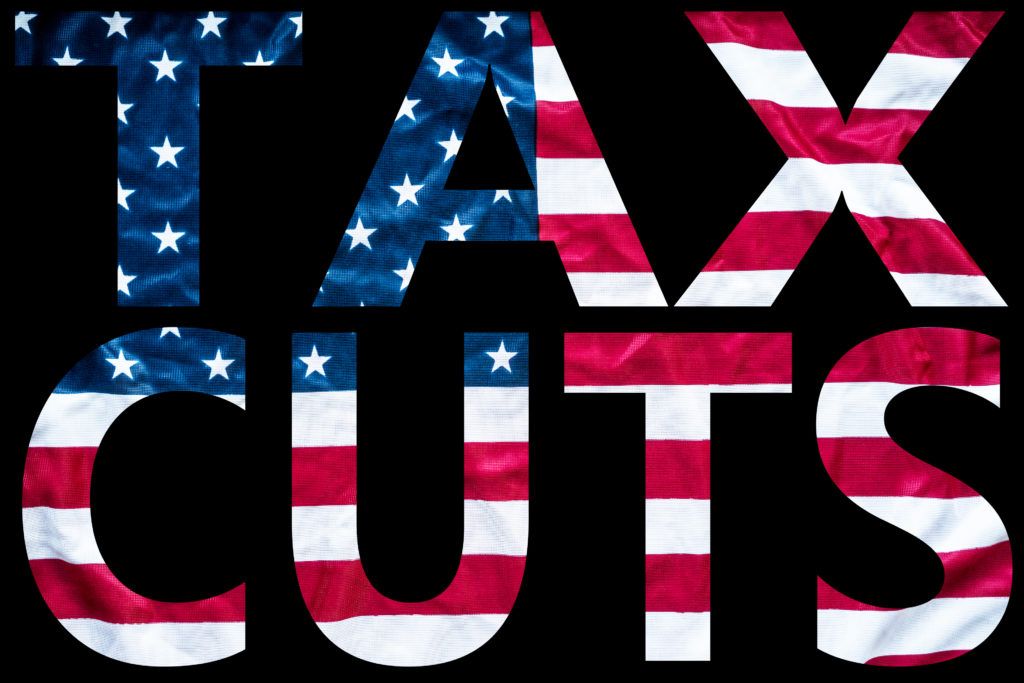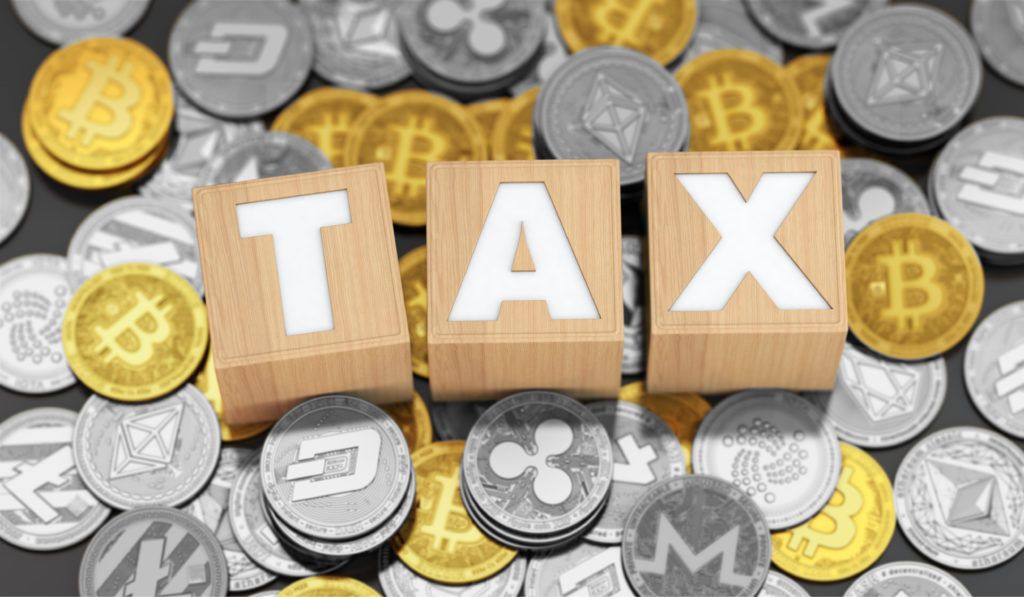The nonpartisan Congressional Research Service recently issued a report that provided an in-depth look at how the 2017 tax cuts have affected the United States economy.
The report finds that the tax cuts, which the Republicans and Donald Trump lobbied for, have made virtually no improvement to the US economy. In some cases, they actually made it worse.

Trump Tax Cuts
When the Trump administration proposed to reduce corporate taxes from 35 percent down to 21 percent back in 2017, it argued that it would boost foreign investments and the economy at large. Beyond this, overall wage increases and the repatriation of U.S. assets and labor force from abroad were predicted by both the Republican party and many self-proclaimed ‘experts’ who supported the bill. In reality, after the tax cut bill was passed, it in no way contributed to boosting the U.S. economy or led to increased foreign investment. Instead, the bill allowed big businesses to increase profits while helping high-net-worth individuals save money. In addition, the report finds that the highest tax cuts would reduce taxes for U.S. taxpayers only in the 95th to 99th percentile, allowing their after-tax savings to increase. The CRS report also claims that the tax cuts were responsible for a GDP increase of just 0.3 percent in 2018. For the tax cuts to pay off overall, this figure would need to be closer to 6.7 percent. While the report makes it clear that cutting taxes for high-net-worth individuals does little to boost the national economy.
Cryptocurrency Tax Relief
The cryptocurrency industry is perhaps one of the few industries that could largely benefit from a tax cut — or even a waiver — since this could bring in a huge amount of foreign investment without sacrificing much to do so. As it stands, cryptocurrency taxes in the U.S. are complicated subject matter and can range from zero percent all the way up to 40 percent, depending on the individual’s tax bracket. Such predatory taxation has essentially quelled legally-reported cryptocurrency trading in the U.S., while many blockchain businesses that initially had roots in the country have begun moving their headquarters to more hospitable countries. Several countries, including Antigua and Switzerland, have slashed or eliminated crypto taxes in a bid to benefit from the upcoming crypto boom. Simplifying, reducing, or waving cryptocurrency taxes in the U.S. would encourage these blockchain businesses to return. It would also lead to increased jobs in the sector as new crypto startups make their mark in the burgeoning new industry.
More so, such tax cuts would no longer benefit only the high-income groups, but rather push cryptocurrency adoption for even lower income individuals, providing everyone the chance to contribute to what many consider to be the next frontier.
Do you think cryptocurrencies have the potential to improve the U.S. economy? Let us know your thoughts in the comments below!
Simplifying, reducing, or waving cryptocurrency taxes in the U.S. would encourage these blockchain businesses to return. It would also lead to increased jobs in the sector as new crypto startups make their mark in the burgeoning new industry.
More so, such tax cuts would no longer benefit only the high-income groups, but rather push cryptocurrency adoption for even lower income individuals, providing everyone the chance to contribute to what many consider to be the next frontier.
Do you think cryptocurrencies have the potential to improve the U.S. economy? Let us know your thoughts in the comments below!
Top crypto platforms in the US
Disclaimer
In adherence to the Trust Project guidelines, BeInCrypto is committed to unbiased, transparent reporting. This news article aims to provide accurate, timely information. However, readers are advised to verify facts independently and consult with a professional before making any decisions based on this content. Please note that our Terms and Conditions, Privacy Policy, and Disclaimers have been updated.

Daniel Phillips
After obtaining a Masters degree in Regenerative Medicine, Daniel pivoted to the frontier field of blockchain technology, where he began to absorb anything and everything he could on the subject. Daniel has been bullish on Bitcoin since before it was cool, and continues to be so despite any evidence to the contrary. Nowadays, Daniel works in the blockchain space full time, as both a copywriter and blockchain marketer.
After obtaining a Masters degree in Regenerative Medicine, Daniel pivoted to the frontier field of blockchain technology, where he began to absorb anything and everything he could on the subject. Daniel has been bullish on Bitcoin since before it was cool, and continues to be so despite any evidence to the contrary. Nowadays, Daniel works in the blockchain space full time, as both a copywriter and blockchain marketer.
READ FULL BIO
Sponsored
Sponsored
